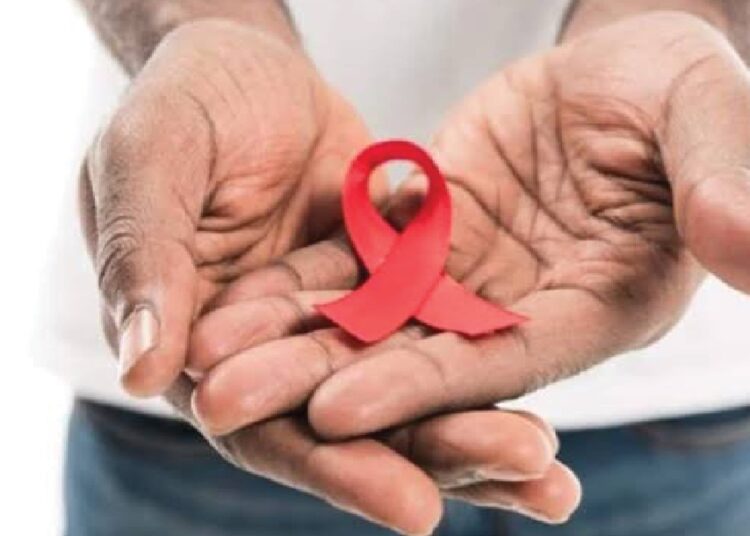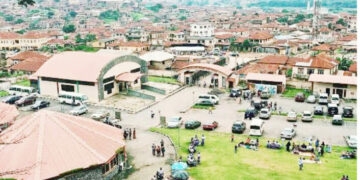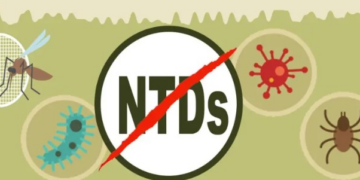The North-East Development Commission (NEDC), in partnership with the Medical Women Association of Nigeria (MWAN), Bauchi State chapter, has screened no fewer than 1,000 women for breast and cervical cancers in Alkaleri local government area of the state.
Speaking yesterday during the outreach held at General Hospital Alkaleri, president of MWAN, Dr Ummahani Jafaru, described breast and cervical cancers as major public health concerns and leading causes of illnesses and death among women in Nigeria and globally.
Dr Ummahani, a specialist in Obstetrics and Gynaecology, explained that the screening programme, sponsored by the NEDC, covers all six North-East states – Borno, Yobe, Gombe, Adamawa, Taraba and Bauchi.
She emphasised that MWAN’s mandate includes organising screening programmes, advocacy visits and awareness campaigns aimed at educating women and children about diseases that affect them.
“In Nigeria, out of about 12,000 cervical cancer cases recorded every year, nearly 8,000 women die. Globally, a woman dies from cervical cancer every two minutes. This is why there is a global commitment to reduce these deaths through prevention, early diagnosis, and timely treatment,” she said.
She highlighted the World Health Organisation’s 90-70-90 targets for addressing cervical cancer.
She added that in the target, 90 per cent of girls are to be fully vaccinated against the Human Papillomavirus (HPV); 70 per cent of women screened at ages 35 and 45 using high-precision methods and 90 per cent of women diagnosed with cervical disease receive appropriate treatment.
“What we aim for is high vaccination coverage, strong screening uptake and effective treatment services. These steps can significantly reduce new cases and eventually eliminate cervical cancer as a public health threat,” she added.
Dr Ummahani stressed the importance of community-level sensitisation, “Many women, especially in rural areas, are unaware of these diseases or their consequences. We must go into the communities to educate, enlighten, and help them understand that these cancers exist, and can be prevented.”
Speaking on behalf of NEDC, the health desk officer in the Bauchi office, Mohammed Amir Ali, said the commission embarked on the screening due to rising cancer cases across the region.
He reaffirmed NEDC’s dedication to improving healthcare and women’s well-being in the North-East. “Breast and cervical cancers are preventable and curable, especially when detected early. Our aim is to close the gap in access to screening and ensure every woman has the opportunity to safeguard her health,” he stated.
Some beneficiaries, including Fatima Adamu and Hajara Yakubu, expressed appreciation to the NEDC and MWAN for bringing the screening exercise to their community.
Also, Dr Habiba Isma’il of the Abubakar Tafawa Balewa University Teaching Hospital (ATBUTH), expressed concern that many women only visit hospitals when their cancer cases have reached advanced stages.
“At that point, little can be done in terms of cure. We can only provide palliative care to relieve pain and improve quality of life,” she said.
She emphasised early detection and taught participants how to perform breast self-examinations, urging regular ‘pap smear or VIA screenings.’
“Early detection saves lives. If cancer is diagnosed early, it can be cured. But when we delay, our options become limited,” she warned.
Dr Habiba advised women to examine their breasts monthly, preferably after their menstrual cycle, and report immediately if they notice lumps, skin dimpling, redness, nipple discharge or changes in breast shape.





